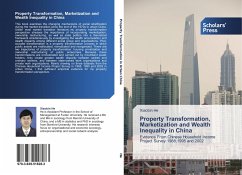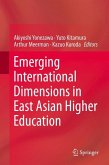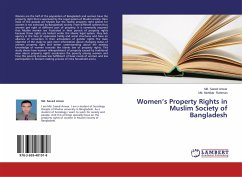This book examines the changing mechanisms of social stratification during the market transition since the end of the 1970s in urban China. Unlike most market transition literature, my property transformation perspective stresses the importance of incorporating marketization, ownership restructuring, as well as state politics into a theoretical framework simultaneously by investigating the wealth accumulation and wealth disparity among different social group and organizations. Post-socialist transformation is a property transformation process in which public assets are reallocated, reevaluated and reorganized. There are two trajectories of property transformation: housing privatization and ownership restructuring of public enterprises. Because these transformations are orchestrated and carried out by incumbent power holders, they create greater wealth disparity between cadres and ordinary workers, and between state-owned work organizations and private work organizations. Mainly drawing on three datasets from the Chinese Household Income Project Survey in 1988, 1995 and 2002 in urban China, I find sufficient empirical evidence for my property transformation perspective.
Bitte wählen Sie Ihr Anliegen aus.
Rechnungen
Retourenschein anfordern
Bestellstatus
Storno








